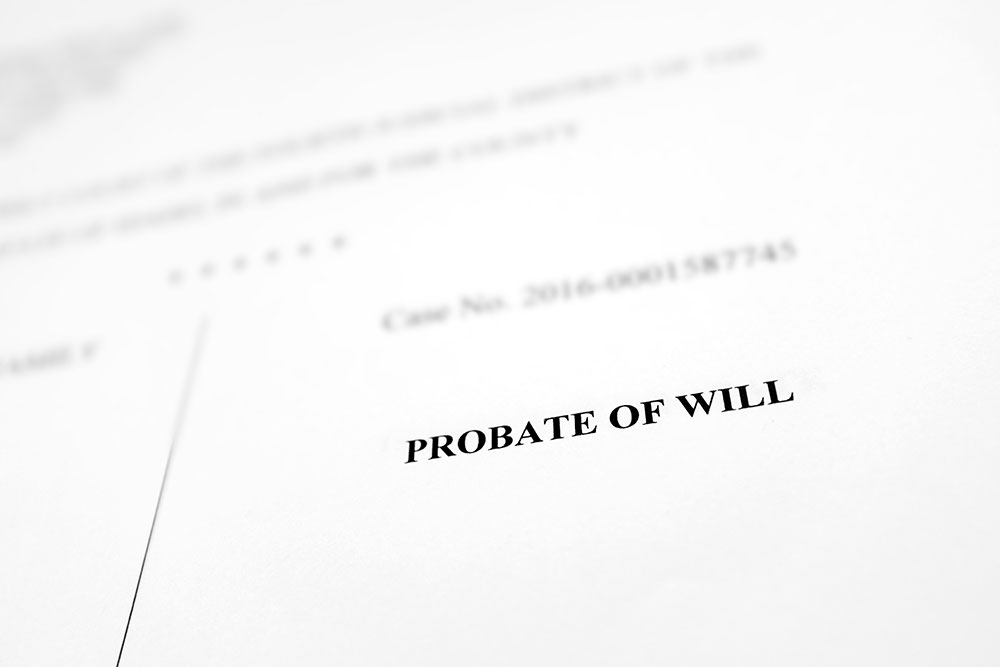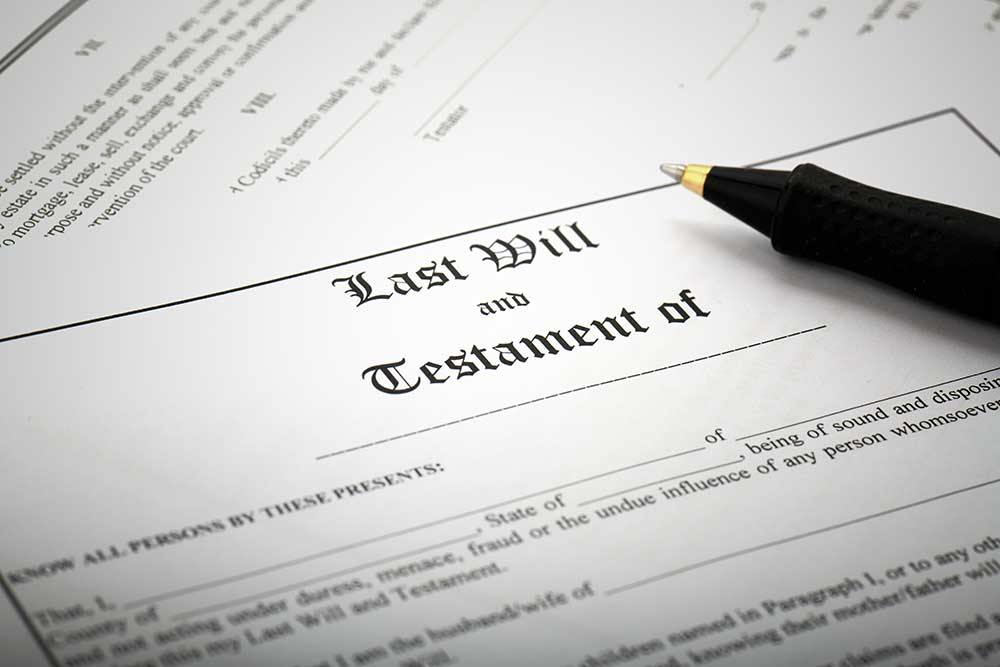The Importance of Having a Will in 2024: Myths vs. Facts
Navigating the Future: Why Engaging a Probate Attorney is Crucial In a world of uncertainties, ...
The Legal Implications of Dying Without a Will in Nevada
Death is an inevitable part of life, and while it's a topic many shy away ...
Charitable Giving Through Your Nevada Estate: How to Leave a Legacy
In the vibrant city of Las Vegas, where fortunes are won and lost, lies a ...
The Importance of Regularly Reviewing Your Estate Plan in Nevada
Life in the Silver State is full of unpredictable changes, and Nevada's residents understand that ...
Retirement Accounts and Estate Planning In Nevada: Navigating the Pitfalls
Retirement accounts and estate planning are critical aspects of securing one's financial future and ensuring ...
How to File a Declaration of Homestead in Nevada: A Step-by-Step Guide
Nevada, with its picturesque landscapes and thriving cities, is home to many proud property owners. ...






